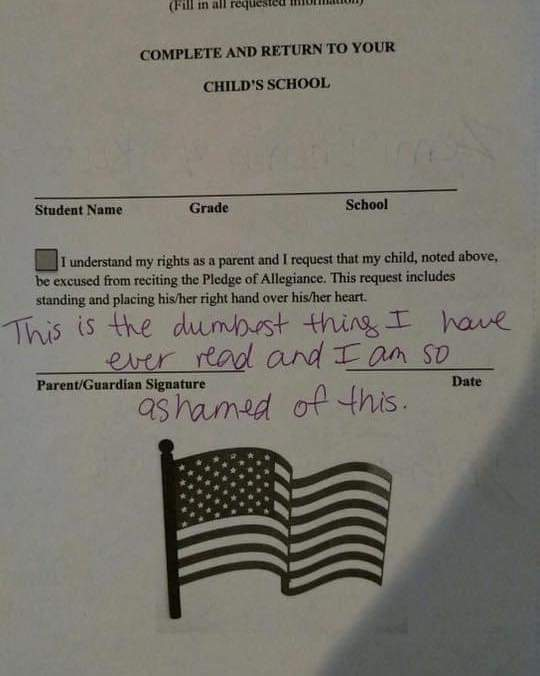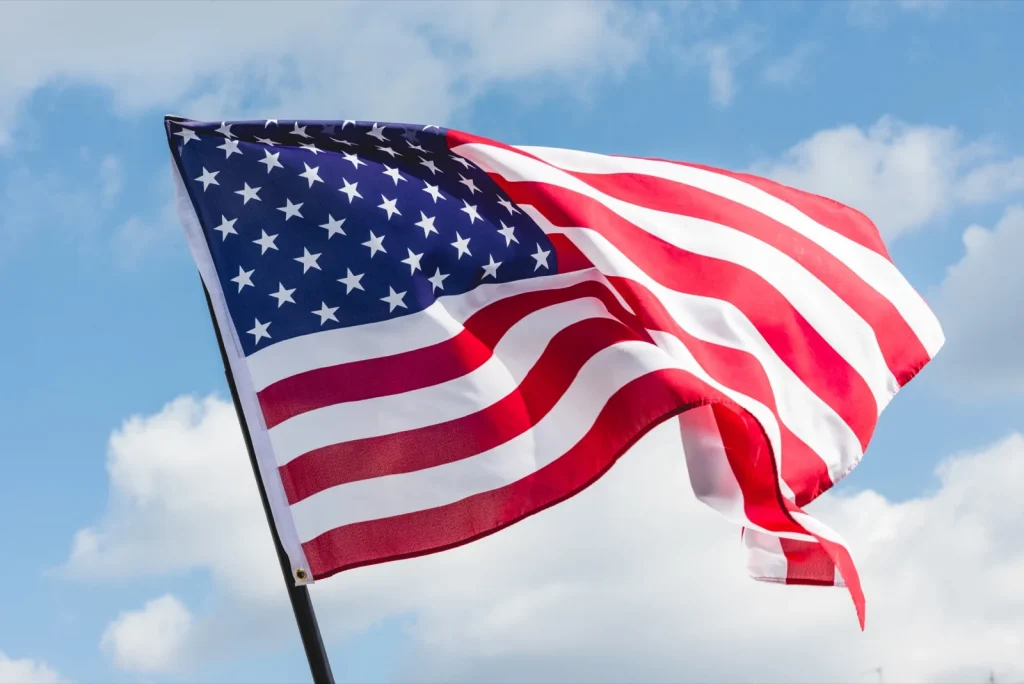What does patriotism mean to you? Is it a set of prescribed traditions, or is it the freedom to make personal choices? While many associate patriotism with grand gestures like standing for the national anthem or reciting the Pledge of Allegiance, true patriotism is much deeper. It’s rooted in the freedom that allows individuals to decide how they wish to express their love for their country. The concept of patriotism isn’t about forced conformity but about the liberty to choose.
Patriotism Beyond Symbols and Gestures

For many, patriotic symbols like the Pledge of Allegiance represent unity and loyalty. Standing up with hand over heart during the pledge can be seen as a show of solidarity. But does patriotism require uniform participation in these rituals? Not necessarily. True patriotism lies in the freedom to participate—or not—based on personal beliefs and principles.
The ability to choose whether or not to participate in such traditions demonstrates the very essence of freedom. In fact, the decision to abstain from certain rituals can be a profound act of patriotism. It showcases an individual’s right to act according to personal convictions, highlighting the values of free expression that underpin a democratic society.
The Role of Freedom in a Democratic Society
A free society isn’t just built on laws or rules; it’s upheld by the rights and freedoms of its people. The power of choice is one of the most fundamental aspects of democracy. In a democratic nation, people have the right to express their beliefs without fear of persecution or social ostracism. This principle extends to patriotic rituals. Allowing individuals the choice to participate—or not—reinforces a society’s commitment to its foundational principles of liberty and justice.
When people are given the freedom to express (or not express) their patriotism in ways that align with their personal beliefs, it strengthens the democratic fabric. It encourages a sense of inclusion, respect, and unity, which ultimately fosters a stronger, more resilient society.
The Handwritten Note: A Symbol of Personal Belief
In the image provided, a parent has written a note expressing disapproval of a school form that allows parents to exempt their children from reciting the Pledge of Allegiance. While the comment may be interpreted differently by readers, it reflects the essence of personal expression—a key aspect of freedom and patriotism. It’s a demonstration of someone asserting their right to voice their opinion, regardless of whether it aligns with popular sentiment.
The handwritten note is a clear reminder that patriotism can manifest in many forms. It doesn’t always have to align with traditional expressions. Just as standing up for the national anthem is an act of patriotism, so is advocating for personal choice in such matters.
Why Personal Choice Strengthens Unity
At first glance, it might seem that allowing people to abstain from traditional patriotic rituals could weaken national unity. However, the opposite is often true. Respecting personal choice is what truly fosters a sense of unity. When individuals feel that their personal beliefs are respected, they are more likely to develop a deeper connection to their country.
The act of respecting individual choices helps to build a culture of tolerance and understanding. It’s not about having everyone express their love for the country in the same way; it’s about creating a space where all expressions are valued. In this way, personal choice doesn’t divide—it actually strengthens the bonds that hold a diverse society together.
Patriotism Is Not One-Size-Fits-All

Patriotism can’t be defined by a single act or tradition. Just as individuals are unique, so are their expressions of love for their country. Some people may choose to demonstrate their patriotism through public displays, while others may find it in acts of service, advocacy, or simply in exercising their right to vote.
The point is, there’s no one-size-fits-all approach to patriotism. By allowing people the freedom to decide how they wish to show their love for their country, society respects the individuality of its citizens. It’s this respect that forms the foundation of a truly democratic nation—one that values freedom above conformity.
Conclusion: Freedom Is the Ultimate Expression of Patriotism
Patriotism should never be forced, because true patriotism thrives on freedom. It is found not in compulsory rituals but in the liberty that allows individuals to choose how to express their love for their country. Whether that means standing for the Pledge or choosing to sit it out, what truly matters is the respect for individual choice.
The handwritten note in the image serves as a reminder that the essence of patriotism is rooted in the principles of freedom and democracy. In the end, the greatest expression of love for one’s country is the commitment to uphold its foundational values—chief among them, the right to choose.


